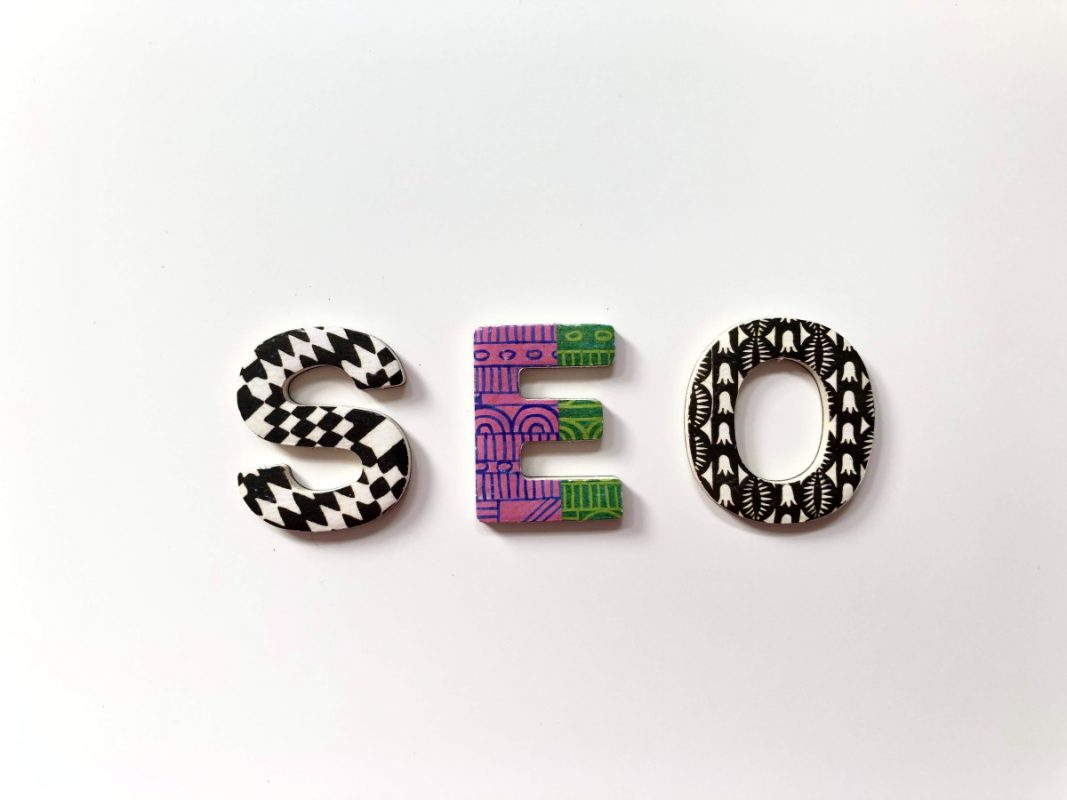Like all the tech concepts that encapsulate our whole, SEO started out as a primitive practice that has evolved into the backbone of how we search for and discover content.
On August 6, 1991, the first website was launched by Tim Berners-Lee. The site which is still up today, unknowingly launched what would change our lives and the way we find and share information. Berners-Lee was the first to propose the idea for what become the World Wide Web in 1989.
Soon after, websites flooded the Internet and search engines provided a way to easily access these sites by entering keywords. While the premise of search engines remain the same, how the information is indexed as evolved with the advent of SEO. Sites like Yahoo, Excite, WebCrawler, AltaVista, Lycos, and later Google emerged as a way to index websites and information. As the competition among websites and search engines grew, marketers and web designers developed the first concepts of SEO.
In this primitive stage of SEO, early Internet marketers would “leverage keyword stuffing, excessive tagging, and (often spam) backlinks to generate high rankings in search.”
As we now know, those tactics are not effective.It was Google who took action and saw the potential of optimizing results and allowing for brands and content producers to earn improved rankings. From 2003 to 2005, local SEO was born and helped connect consumers with information like maps, locations, and business hours. As mobile technology took over, Google and social media sites with real-time updates created an even deeper need to optimized and relevant content.
SEO changed forever in 2008 when Google launched Google Suggest offering users the best and most relevant content based on keywords. The discovery of these keywords let web marketers know how to get users to businesses and sites. Tools like Google Analytics and keyword research tools further improved and launched the SEO we know today.These tools have created a more relevant user experience and have allowed for marketers to increase business and website visits.
By this time, Google had become the number one search engine in the world and starting imposing restrictions and regulations on keywords, quality of content, and over-optimization. In 2011, J. C. Penney and Overstock were found to have been manipulating Google’s ranking algorithms by adding suspicious and irrelevant links to their pages. Google retaliated by knocking down the rankings of their sites.
Along with Google, it was social media that led to the creation of shareable content that took SEO to new heights. Content shared on the web and social media created backlinks and consumer engagement that drives SEO in our personalized, modern web experience.
As technology continues to become more advanced and marketing tactics change, SEO will continue to adapt to the user-focused web. Mobile apps, wearable tech, and the increased use of AI in many landscapes are set to change the scope of SEO in the future and led to creative digital marketing practices to continue delivering the user-focused content web consumers expect.

